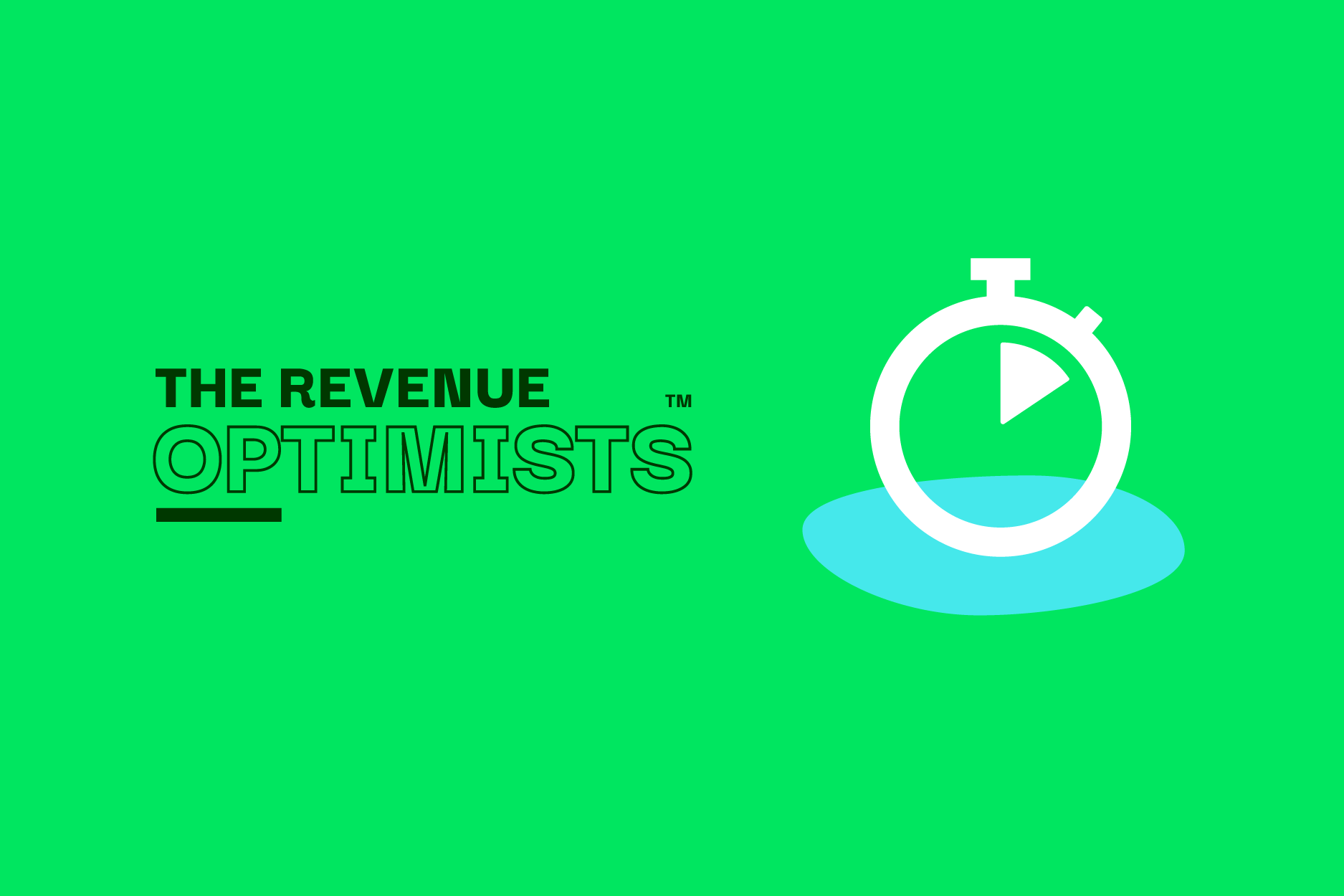Video Transcript
Bec: It sounds like you’ve worked with a lot of Salesforce system integrators or as some people might know them more as consultants. What’s your take on why an SI would refer to a product company instead of building custom?
Mike: I love that question. And especially in the Salesforce ecosystem like it, the foundation of it is like you can build it. Like every single Salesforce partner has built their app on Salesforce or an integration to their app in Salesforce.
So like, of course, it’s possible, like you did it as a product company. But like, should you? And some system integrators, just like people in life, like some, like I think of the world as a bit of a bell curve, and you have, you have a subset of people like again, with that bell curve — 15% over here, regardless of your message, they’re going to help you. 15% over here regardless of your message, they’re not going to help, they’re not going to help you.
You’re looking to solve for that middle 64% that can like really be open to doing things better, that achieve better outcomes for the customer. Because if you build a custom solution, sure, you might get short-term revenue because consultants like their, top two priorities are bigger statements of work and bigger statements of work.
And like those, those two priorities, can have trade-offs, is it short-term value or long-term value? But the good system integrators, the ones that you want to lean into, those partnerships realize that they have that add-on business when they deliver true value and actually choose the right products and configuration choices to help with long-term success. Those are the ones you want to spend your time on.
Bec: And, so when you’re working with an SI it’s like what are maybe some nuggets of gold or best practices that you would recommend for folks to, you know, follow or a look at when they’re approaching it?
Mike: Yeah, there was a really good podcast episode I did with a woman named Casey Carb. At the time she was head of ISP partnerships at Simplus, like a solid, tier two, really good revenue cloud system integrator in the ecosystem.
And we sometimes think about the consulting company as like one single entity, but it’s actually made up of a bunch of humans. And so what she would do is she would not only track like sourced and influenced revenue on a given opportunity based on the partner, but she would go a step further and track the individual consultants and salespeople that referred it.
And so what that did, let’s just take a consulting practice of 100 people, and you figure 80 of those are actually consultants, at some level architects. What she was able to do is plot out like area like centers of gravity within that company and so like, you don’t need to always be recruiting new SIs, you can go deeper into the existing SI relationships. And I think right now in this current economic climate, leaning in on where you’ve already been successful is way easier than striking up a new partnership when everybody’s worried about the economy and growth.
So like maybe with that 100 person SI company, you’ve only had referrals from 20 of their consultants. Well, your challenge is how do you get introduced to their friends?
Bec: Nice. So it’s land and expand on a little bit of more micro level within an organization. Because you’ve already proved value with one, so having them as an advocate can help you grow into the others.
Mike: Totally. Yeah, it’s a total land to expand. That’s the right way to characterize it in a much more succinct way than I did.
Want to learn more?
Ready to hear more from Mike Davis, including the top GTM priorities in a market downturn?
You can listen to his in-depth interview in Episode 4 of the Revenue Optimists series.
Explore more resources on Salesforce strategy:


